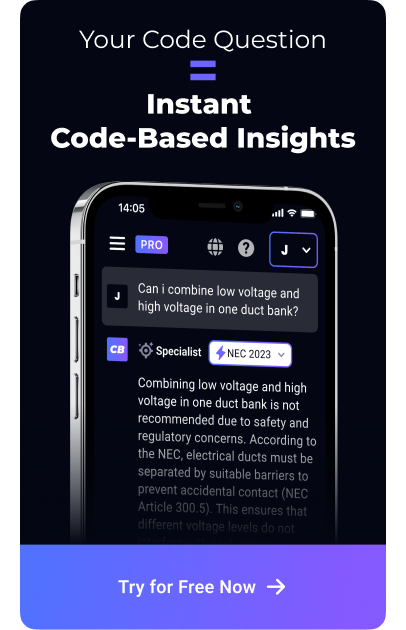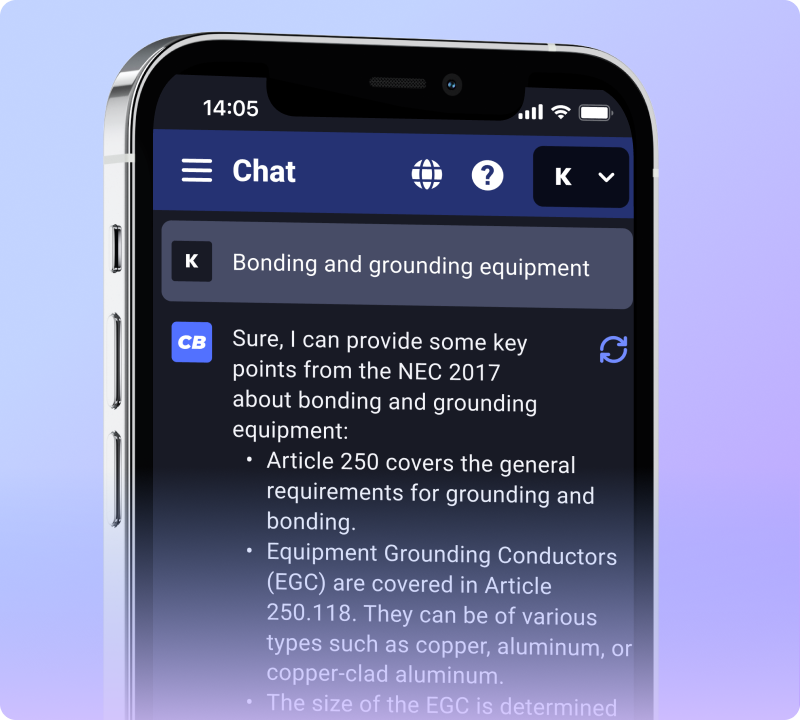Fire alarms save lives, but knowing the rules can be hard. NFPA 72 fire alarm monitoring requirements are key for safety. This article will explain these rules simply, helping you understand what’s needed for a safe building.
Keep reading to learn more!
Key Takeaways
- NFPA 72 sets safety rules for fire alarm systems, covering design to maintenance. It ensures alarms work during emergencies.
- Backup power is a must so alarms function even without main power. This keeps buildings safe during power failures.
- Fire alarm systems need to quickly tell emergency services about fires. This helps firefighters arrive faster and save lives.
- Certain buildings like schools and hospitals must have monitored fire alarm systems for safety.
- The system’s parts must connect well to alert people fast in case of fire. This includes detectors, alarms, and control panels working together.
Understanding NFPA 72 Fire Alarm Monitoring Requirements
Understanding NFPA 72 Fire Alarm Monitoring Requirements helps ensure safety in buildings. It sets rules that guide how fire alarm systems operate and who they notify during emergencies.
Definition of fire alarm monitoring
Fire alarm monitoring means keeping an eye on fire alarm systems. It checks if they work properly and alerts people in case of a fire. This process is crucial for safety and rapid response during emergencies.
NFPA 72 sets the rules for how these systems should be monitored.
The code requires backup power systems to ensure that the fire alarm system functions even during power failures. These standards help meet changing needs for fire detection, signaling, and emergency communications.
Following NFPA 72 ensures commercial fire alarm installation meets safety regulations and protects lives effectively.
Purpose of NFPA 72
NFPA 72 sets rules for fire alarm systems. It helps ensure safety by guiding how these systems are designed and installed. This code outlines proper installation, testing, inspection, and maintenance of fire alarms.
The goal is to protect lives and property from fire hazards.
The standard also details the latest safety methods for detecting fires and signaling emergencies. It adapts to society’s changing needs in emergency communication. By following NFPA 72, buildings can meet commercial fire alarm standards and promote life safety measures effectively.
Compliance with this code is crucial for effective fire alarm system supervision and enhances overall fire safety.
Importance of adhering to standards
Adhering to standards is essential for safety. NFPA 72 sets the rules for fire alarm systems. It covers design, installation, inspection, and maintenance. Following these guidelines helps ensure that fire alarms work properly during emergencies.
The code provides updated safety provisions. These meet modern demands for fire detection and emergency communications. Backup power systems must also be included to comply with safety regulations.
By following NFPA 72, buildings can better protect occupants from fire hazards and notify emergency forces in time.
Requirements for Fire Alarm Monitoring
Buildings must have fire alarm systems that meet specific requirements. These needs ensure safety and quick responses in case of a fire.
Types of buildings requiring monitoring
Certain types of buildings need fire alarm monitoring. NFPA 72 sets standards for these buildings to ensure safety. Commercial spaces, hospitals, schools, and large residential complexes must have monitored systems.
These places often hold many people, making quick alerts vital.
Installation of proper detectors and notification appliances is crucial in such buildings. Control equipment also needs to be well-placed to meet system layout requirements from NFPA 72.
Backup power systems are mandatory so that alarms work during emergencies. Compliance with these fire alarm system regulations helps protect everyone inside the building from fire hazards.
Emergency forces notification arrangements
Emergency forces notification arrangements are vital for fire alarm systems. NFPA 72 requires these arrangements to notify emergency services, like the fire department, quickly. This ensures that help arrives fast during a fire event.
The code lays out clear steps for how this notification must work. These requirements include using reliable communication methods. The system must send alerts automatically when smoke or heat is detected.
Proper planning and installation of these notifications can save lives and protect property from fire damage.
Backup power and system functions
NFPA 72 requires backup power systems for fire alarm monitoring. These systems ensure alarms work during a power outage. They keep the fire alarm system running, so it can alert people in case of danger.
This requirement is part of safety regulations to protect lives and property.
The code also covers how these backup systems should function. They must be reliable and regularly tested. Fire alarm supervision plays a key role here, making sure everything works as intended.
Following NFPA 72 guidelines helps maintain safe conditions in buildings with many occupants or complex layouts.
Interconnectivity requirements
Interconnectivity is key for fire alarm systems. The design should allow different parts of the system to work together seamlessly. Devices like smoke detectors must connect to alarms and control panels.
This setup helps alert occupants quickly during a fire.
Backup power systems are also part of interconnectivity requirements. They ensure the alarm works even if the main power goes out. NFPA 72 sets these standards to keep people safe in all types of buildings.
Proper interconnectivity boosts emergency communication and enhances overall safety measures, supporting effective fire department notification when needed.
Conclusion
NFPA 72 is vital for fire alarm safety. It sets clear rules for design, installation, and maintenance. These guidelines help ensure that fire alarms work when needed. Following these standards protects lives and property.
Understanding NFPA 72 keeps everyone safe from fire hazards.
FAQs
1. What is NFPA 72 and what does it cover?
NFPA 72 is a set of guidelines from the National Fire Protection Association. It explains fire alarm monitoring requirements, emergency communication needs, and sprinkler monitoring standards.
2. How do the NFPA 72 fire alarm installation guidelines affect building codes?
The NFPA 72 impacts building codes by setting out rules for fire detection and signaling systems. The code ensures that buildings meet occupant load regulations in case of emergencies.
3. How can I ensure my building meets the NFPA 72 fire alarm code compliance?
To be sure your building meets all requirements, you must follow the code outlined in NFPA 72. This includes installing approved fire alarms and adhering to sprinkler monitoring standards.
4. Are there specific emergency communication requirements under NFPA 72?
Yes, under NFPA 72 there are strict rules for emergency communications to ensure safety during a crisis situation.

